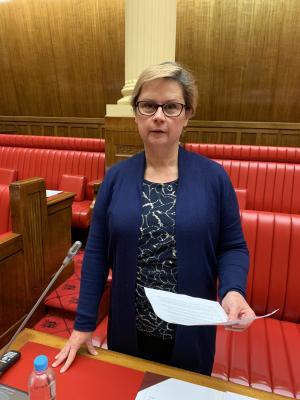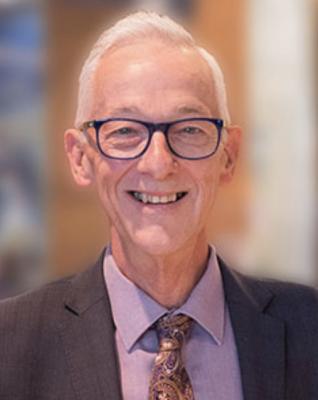
By Raquel Mustillo
THE state’s peak professional nursing and midwifery organisation has hit out at “incendiary and blatantly irrelevant” comments made by Labor frontbencher Clare Scriven on voluntary assisted dying during a parliamentary debate.
The Australian Nursing and Midwifery Federation SA Branch dismissed claims made by Ms Scriven about the potential for euthanasia to be to expanded to non-voluntary assisted dying, that the system could be abused or that a patient could be coerced to die without consent.
Federation director operations and strategy Rob Bonner said voluntary assisted dying legislation in the US state of Oregon – which the Victorian bill was modelled on – had not been amended since the act came into effect in 1997.
“The so-called slippery slope argument Clare Scriven uses is clearly nonsense, the Oregon model has been in place for 20 years and hasn’t been widened in any meaningful way at all,” he said.
“There are no active calls in Victoria for a broadening of their scheme other than the people who have always wanted a broader scheme, but there is no active consideration on legislation.
“The legislation that has passed in Western Australia and Tasmania is rooted in the Victorian model and it hasn’t seen either state leap frogging Victoria to do something better or on the slippery slope down.”
Mr Bonner lashed Ms Scriven for creating what he termed as a false argument by referring to European legislation during her 40-minute parliamentary speech on euthanasia.
“Talking about the experience in Europe when you know that is not being proposed here and is almost the antithesis of what is being proposed here is not a reasonable or fair moral and ethical argument,” he said.
“If we were proposing the Netherlands bill that might be a relevant consideration, but we are not.
“There are a whole range of things that may or may not have happened in the European models that are not possible under the Victorian and South Australian models because of the restrictions.”
Mr Bonner said South Australia’s voluntary euthanasia bill was centred on the patient having control of the initiation of any voluntary assisted dying discussion and retaining active control of consent throughout the process.
He said a survey of Australian Nursing and Midwifery Federation members found 85pc were in favour of a South Australian bill that was based on the Victorian model.
“Of the 15pc who were against, those people were split in either not wanting any change, while some didn’t feel the bill went far enough,” he said.
“These are people who deal with patients, friends and family members who are dying or are in that trajectory in their work and I think that really says it all.
“It is traumatic for nurses who are powerless to help ease their suffering.
“There is nothing dignified about forcing someone to go through unnecessary pain and suffering at the end of their life if voluntary assisted dying is what they want to do.”
Ms Scriven said the federation’s criticism of her speech was “bizarre” given SA-Best MLC Frank Pangallo had also referred to the European model, saying once euthanasia was legally permitted in any form, proposed safeguards “end up being ignored”.
“Getting into all the differences in all of the different models is a deliberate tactic to camouflage the fact regardless of the model once it is in, it changes the practice within the medical profession,” she said.
“Numerous models have shown that you end up with about half being voluntary euthanasia and half being non-voluntary euthanasia. “Whatever these proposed safeguards are, they end up being ignored.”
Advocacy group Nurses Supporting Voluntary Assisted Dying convenor and nurse Fiona Jacobs said respect to patients’ autonomy was a cornerstone of modern medical ethics and nurses played a key role in advocating for patients.
“The principle of respect for autonomy is usually associated with ensuring the patient has a right to make their own decisions about which health care interventions they will or will not receive,” she said.
“If we are to honour autonomy, then we must respect views held by the patient about what dignity actually means for them.”Ms Jacobs also dismissed the notion that the acceptance of voluntary assisted dying will inevitably lead to the acceptance of non-voluntary or involuntary euthanasia.
“History has shown there is no evidence of the “slippery slope” in other areas of the world and there is no good reason to believe that the experience would be any different in Australia,” she said.
“Voluntary assisted dying legislation is no different to any other legislation, if the law is broken then the legal consequences are invoked.”








